News
Tanzanian president urges public not to fear COVID-19 pandemic

Tanzanian President John Magufuli on Sunday urged members of the public to stop fearing the COVID-19 pandemic but he said they should continue observing protective guidelines issued by health authorities.
Magufuli made the appeal when he attended Sunday prayers at a church in his native town of Chato in Geita region, said a statement by the Directorate of Communications at State House.
According to the statement, President Magufuli urged Tanzanians to continue working hard, especially in mass production of food saying neighboring countries which were on lockdown will need food supplies when the lockdown was relaxed.
The president reiterated his decision to rule out a lockdown and closure of borders because he said doing so will affect production, implementation of projects and other economic activities, said the statement.
He appealed to religious leaders to conduct prayers for three consecutive days from next Friday, Saturday and Sunday to thank God because COVID-19 infections in the east African nation have started to go down.
Magufuli said latest statistics showed that as of Sunday, Amana hospital in the commercial capital Dar es Salaam which had 198 COVID-19 patients now remained with 12 patients, Mloganzila hospital admitted 30 patients but it now remained with six patients and Lulanzi health facility in Kibaha district had more than 50 patients but it now remained with 22 patients.
He added that in private hospitals like the Aga Khan Hospital remained with 31 COVID-19 patients, Hindu Mandal Hospital remained with 16 patients.”Even my child was infected with COVID-19 but has recovered after taking lemons and ginger. This disease will therefore spread and be contained,” said Magufuli.
The president said if the trend of recovery continued persistently he will soon reopen universities, adding that he was also thinking of resuming sports events.
Magufuli also ordered the Ministry of Natural Resources and Tourism and other relevant authorities to allow tourists who had planned to visit Tanzania. “You should not stop planes bringing tourists in the country,” he said. -Xinhua
News
GNAD courts media to promote importance of sign language
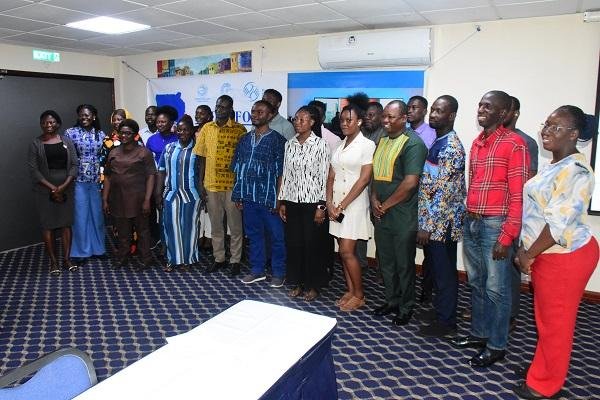
THE Executive Director of the Ghana National Association of the Deaf (GNAD), Mr Juventus Dourinaah, has called on the media to take a lead role in promoting inclusivity and accessibility for the deaf and hard-of-hearing persons in Ghana.
He made the call at a media forum last week on the theme “No Human Rights Without Sign Language Rights.” It brought together journalists, development partners, and members of the Deaf community.
The event formed part of efforts to highlight the importance of sign language as a human right and to encourage media institutions to adopt inclusive communication practices.
Mr Dourinaah emphasised that the media was one of the most powerful tools for shaping public perception, influencing policies, and setting national agendas.
“The media holds strong power to influence understanding and build inclusion.”
For deaf persons, he said, access to information through sign language, captioning, and visual communication is not a privilege but rather a human right.
He added that without accessible communication, deaf people remain excluded from national conversations, education, and opportunities that shape their lives.
He therefore urged both public and private broadcasters to integrate sign language interpretation into all news programmes, public service announcements, and major national events.
Mr Dourinaah also appealed to the National Communications Authority (NCA) and the Ministry of Communications (MoC) to make accessibility a mandatory requirement for all media houses.
At the end of the meeting, media representatives in a communique pledged to promote accessibility by including Ghanaian Sign Language interpretation and subtitles in programming.
They also pledged to ensure fair and non-discriminatory representation of deaf persons while collaborating with GNAD to train media personnel on inclusive communication.
Join our WhatsApp Channel now!
https://whatsapp.com/channel/0029VbBElzjInlqHhl1aTU27

News
29th GJA Media Awards to be held in Kumasi
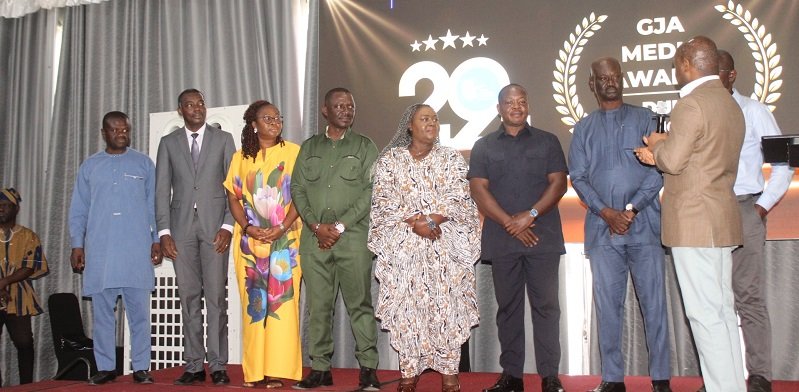
The Ghana Journalists Association (GJA) would host its flagship awards in Kumasi for the first time, with the 29th edition set for November 8 at the Manhyia Palace, under the patronage of the Asantehene, Otumfuo Osei Tutu II.
The event will celebrate excellence in journalism and recognise media professionals and institutions that have demonstrated integrity, innovation, and commitment to the highest standards of the profession.
Launching the Awards in Accra on Thursday, the GJA President, Mr Albert Kwabena Dwumfour, explained that the decision to host the awards in Kumasi was a symbolic gesture of inclusivity, reflecting the Association’s commitment to recognise contributions from all regions of the country.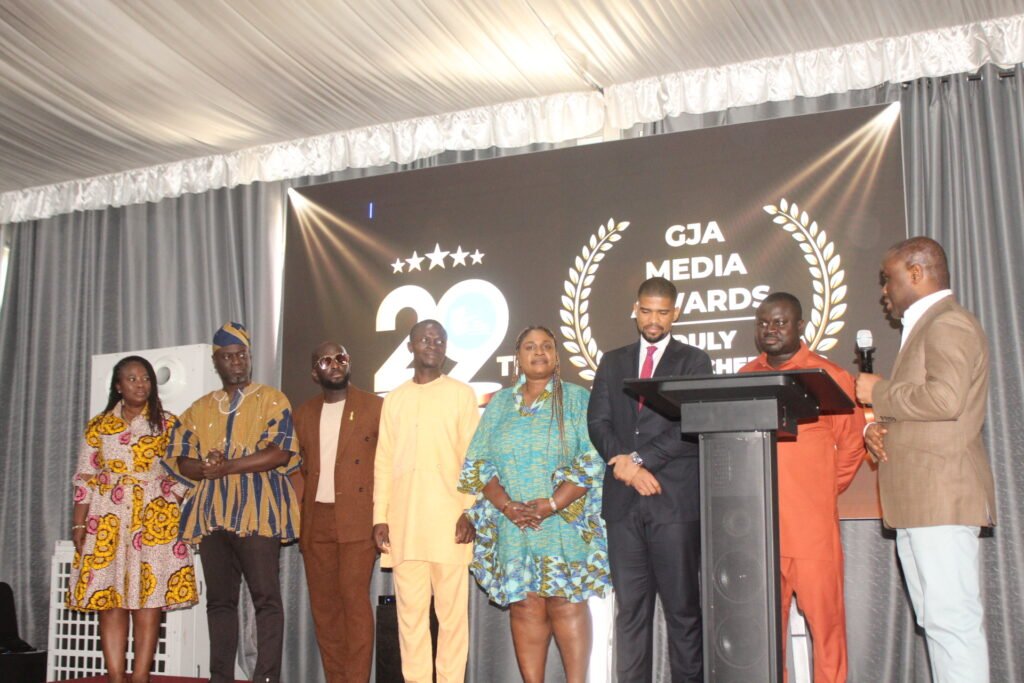
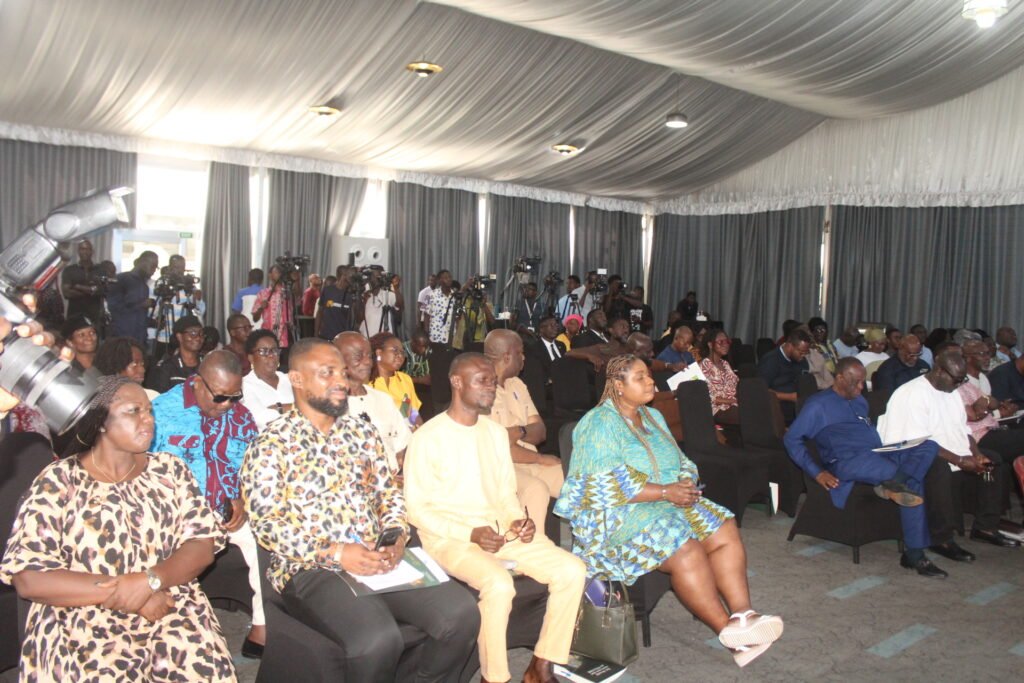
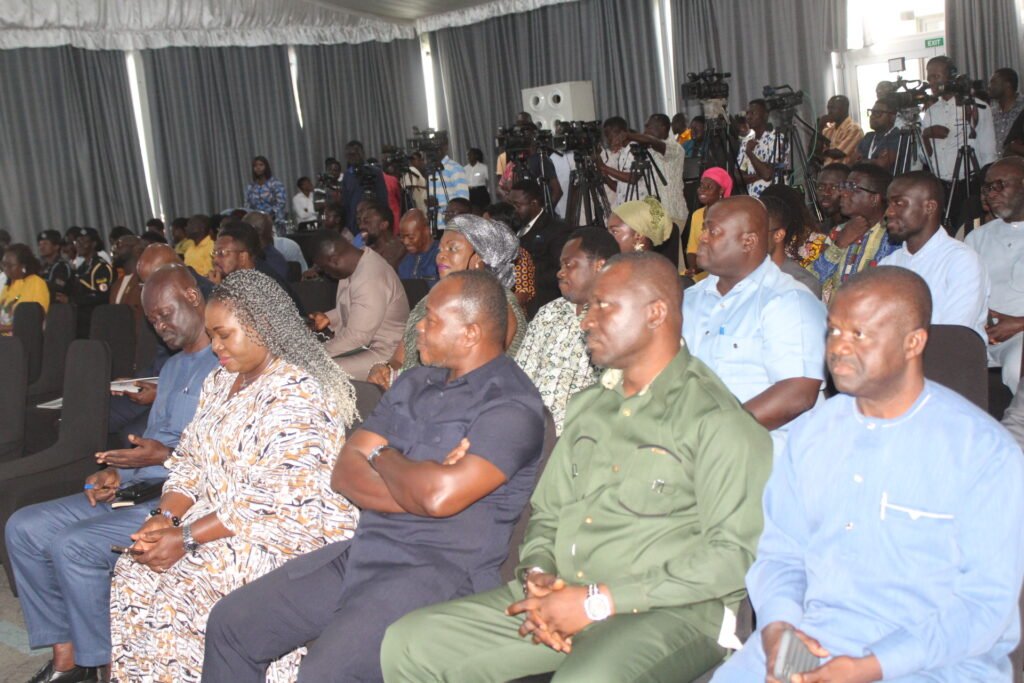
This year’s edition would be held under the theme, “Safeguarding Ghana’s Future: The Role of the Media in Promoting Peace, Security and the Fight Against Galamsey.”
At the launch, two committees — Awards and Planning Committees — were inaugurated.
The nine-member Awards Committee, chaired by Mr Gabriel Bosompem, former Commissioner of the National Media Commission and former Production Manager at TV3 (Media General), is responsible for vetting of entries.
Other members of the committee include Alhaji Salifu Abdul-Rahman, Editor of the Ghanaian Times; Mr Kingsley Obeng-Kyere, P.A.V. Ansah, Ms Nana Yaa Konadu, and Ms Theresa Owusu-Ako.
The rest are Madam Agnes Boye-Doe, Mr David Andoh, Mr Samuel Bio and Mr Jeorge Wilson Kingston.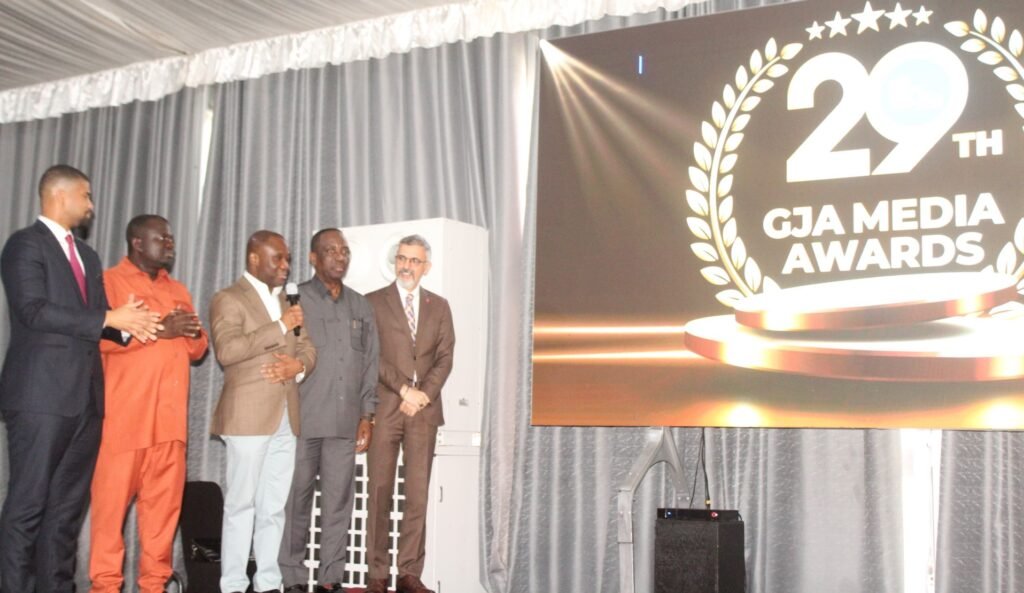
The Planning Committee is co-chaired by Mr Dwumfour and Mr Prince Oheneba Nana Kwaku Duah, and includes Mr Dominic Hlordzi, Mr Emmanuel Safo, Deputy Head of Protocol at the Manhyia Palace; and Mr Kwame Adinkra.
Others are Mr Kojo Soboh, Mr Nathaniel Attoh of Joy News; Ms Rebecca Ekpe, Vice President of the GJA; and former National Treasurer, Mrs Audrey Francesca Dekalu.

Mr Dwumfour assured that accommodation and transportation would be fully provided for more than 500 journalists to travel to Kumasi for the awards to ensure full participation.
The event will commence with a welcome reception at the Lancaster Hotel on Friday, November 7, followed by a health walk on the morning of Saturday and climax it with the awards ceremony at 4pm at the Manhyia Palace.
The Minister of State in charge of Government Communications, Mr Felix Kwakye Ofosu, in his address, commended the GJA for sustaining the awards for over nearly three decades.
He urged journalists to embrace innovation and adapt to new technologies such as Artificial Intelligence.
He reaffirmed government’s commitment to press freedom, noting that President John Dramani Mahama remains a strong advocate of free speech.
By Linda Abrefi Wadie






